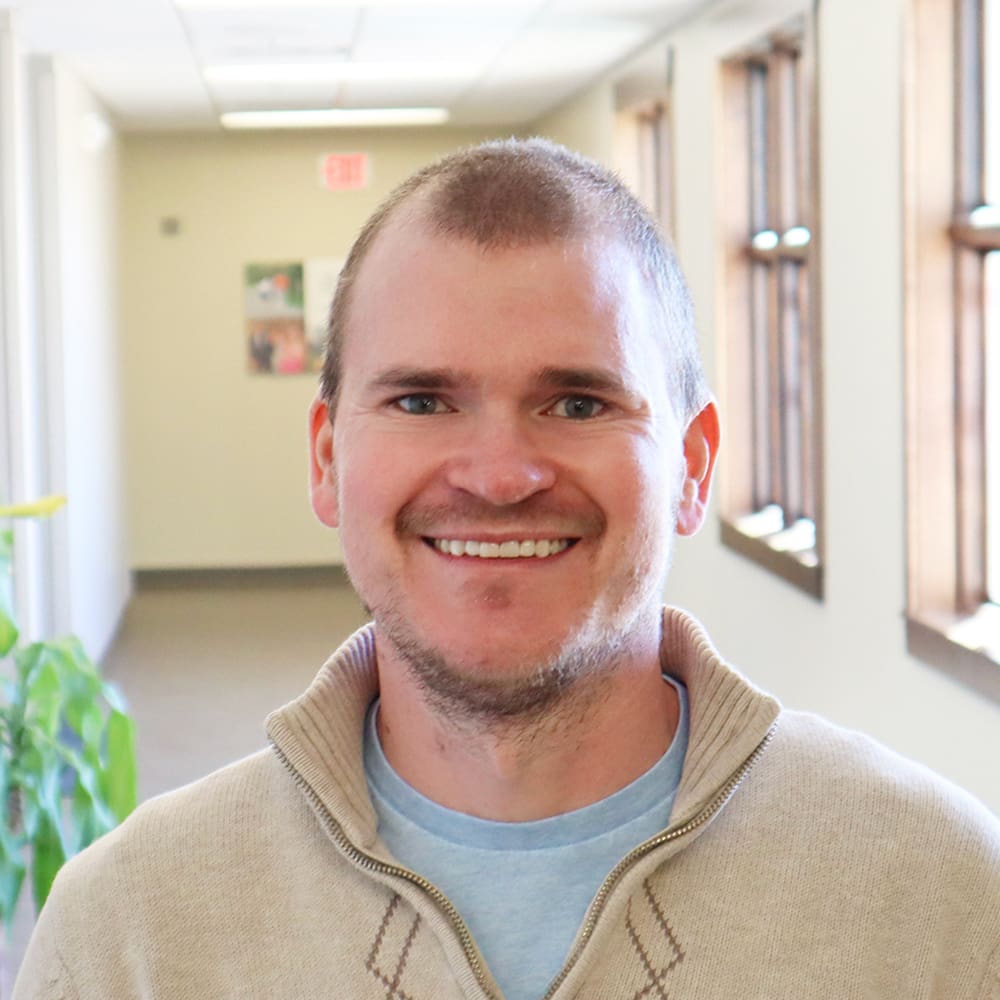About ten years ago, a member of my family started acting differently. At first his speech was different, more disorganized and cryptic. Then his behavior changed. He began to withdraw and isolate, cutting out almost all usual communication and activities for months. His behavior became more and more concerning and led to him needing to be in the hospital where he was diagnosed with Schizophrenia. I did my best to visit often and try to stay positive. I was thankful he was in the hospital where he could receive treatment and be kept safe but at the same time, I felt helpless and unsure of how to support him with his recovery.
During this period, I was employed full time as an independent contractor doing title research for various oil and gas exploration and production companies. I had little professional experience in anything related to mental health or the medical field, but I decided I wanted to pursue a more hands on career where I could help people. That fall I began taking general courses at NDSU and was later accepted into their nursing program.
In nursing school, students are taught a lot of theory and medical knowledge that can be applied to working in various specialties. We took classes and completed clinical rotations in everything from medical/surgical and intensive care units to OB, Pediatric, and Behavioral Health. New nurses are often encouraged to work on a general medical unit after graduating to practice and refine the skills learned in school; so, I did that for a while, but I had always felt more drawn to mental health. About a year after graduating, I read CCRI was looking for an Aftercare RN for their Mental Health Department. I was already employed at CCRI working some hours as a caregiver but wasn’t aware of the Aftercare RN position or that a Mental Health Department even existed. After learning more, I was confident it was something I wanted to do. I applied and haven’t looked back.
As nurse in the Aftercare program, I work with individuals who have serious mental illness and have recently been hospitalized or are at risk of hospitalization due to new or worsening symptoms. Goals are individualized and client driven, generally incorporating activities that promote mental health stabilization, recovery, and wellness/crisis planning. A typical day can vary, but I often help people with their medications, paperwork, or appointments. Sometimes ensuring basic needs such as food or housing take precedence. Other times there is no specific task that needs to be accomplished so it’s just talking or engaging in a recreational activity. Some days I can rejoice with my clients over a feeling of mutual accomplishment and productivity, while others can be draining and discouraging because of the various barriers and setbacks that can occur.
Overall, working as a mental health nurse is a very rich and rewarding experience. It is a privilege to form trusting relationships and be able to provide support to individuals going through a really difficult time in their life. There are times where things still feel out of control and I am unable to provide the help that is evidently needed. In these situations, I am thankful to have an amazing group of co-workers and colleagues to consult and collaborate with. For an individual living with serious mental illness recovery can take time but is possible. The individual deserves full credit and recognition for their successes along the way, I’m just grateful to be involved in the process.



